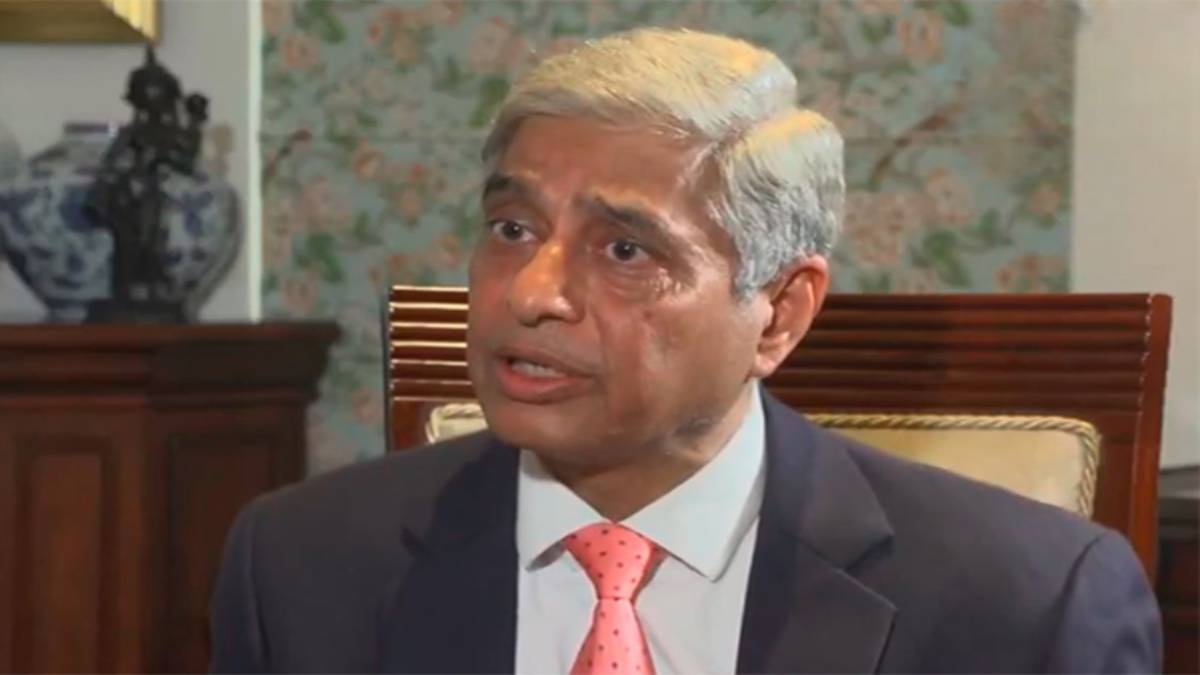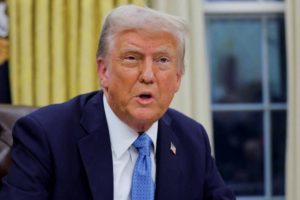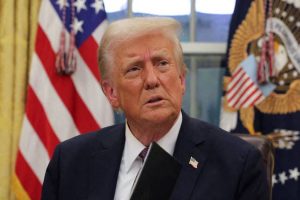Former diplomat Vikas Swarup has backed India’s firm stance in its trade negotiations with the United States, commending New Delhi for refusing to yield to pressure from the Trump administration to open its agriculture and dairy markets.
“If you cave in to a bully, then the bully will increase his demands,” Swarup told ANI, cautioning that giving in would only embolden further demands.
His comments come in the wake of US President Donald Trump’s decision to impose a cumulative 50 per cent tariff on Indian goods — introduced in two phases — citing India’s imports of Russian oil. The first 25 per cent tariff was announced in July, along with an unspecified penalty, followed shortly by another 25 per cent hike, despite earlier hopes for an interim trade deal that could have averted the increase.
Swarup characterised the tariffs as a “pressure tactic” aimed at extracting a more favourable agreement from India. He also criticised Washington’s growing engagement with Pakistan, calling it a “strategic mistake” given Islamabad’s close relationship with Beijing.
“I think it’s a strategic mistake on the part of the US that you are getting in bed with Pakistan, which is in bed with China — the US’s strategic competitor. India is too large, too proud a country to become a camp follower of any other country. Our strategic autonomy has been the bedrock of our foreign policy since the 1950s,” he said.
On Opposition criticism of India’s foreign policy, Swarup reiterated that India must stand firm and protect its independence in decision-making. He alleged that Pakistan, with the help of intermediaries, has secured Trump’s ear through strategic manoeuvring — including economic and financial linkages involving figures close to Trump.
However, Swarup stressed that this did not mean Trump viewed India as an adversary, but rather as part of a negotiation tactic. “India should not cave in because our strategic autonomy is non-negotiable,” he said, adding that Trump’s desire to be seen as a global peacemaker also shapes his approach.





